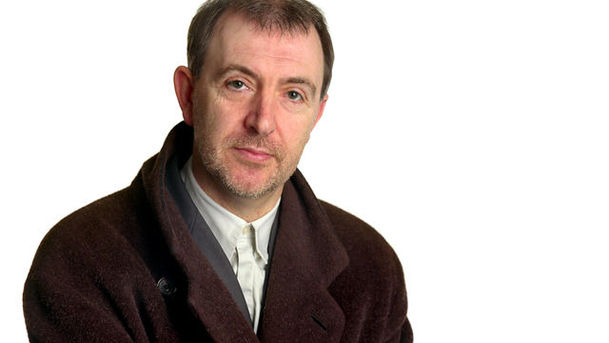Night Waves - Alex Callinicos/Macbeth

On tonight's programme, the psychology of time - do we take our most finite resource for granted? Philip talks to Stanford University's emeritus professor of psychology, Philip Zimbardo, about his new book on how our perception of time influences the decisions we make - and how conflicting time perspectives live at the heart of the political process. In his forthcoming book Bonfire of Illusions Marxist political theorist Alex Callinicos argues that the Russian war with Georgia and the collapse of Lehman Brothers in the late summer and early autumn of 2008 put an end to the post-Cold War order. While Russia asserted its resistance to NATO expansion to its borders through its military action in Georgia, the collapse of the investment bank ushered in a global financial crisis, both of which undermined the authority of the United States on the World stage. Callinicos discusses this idea - and the causes and solutions to the current crisis - with Philip Dodd and with the Times columnist Oliver Kamm. The Cahiers du Cinema, which was founded in 1951, revolutionised film-making and ways of writing about film. It's writers - among them those who were to become the stars of the French New Wave: Jean-Luc Godard, Francois Truffaut, Claude Chabrol, Eric Rohmer and Jacques Rivette - helped establish cinema, which had previously been seen as a lesser extension of theatre or literature, as an art form in its own right. Emilie Bickerton has just written the story of the Cahiers, which has now passed out of French ownership (last year the British publishing house Phaidon bought it from Le Monde), and she will be coming in to talk about the magazine that she argues was once the most influential project in the history of film.